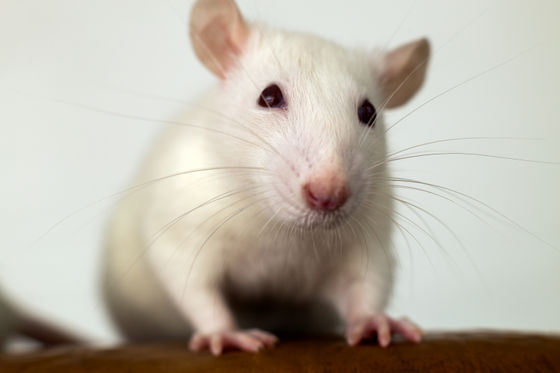What are the medical sites that are excited by the emergence of a revolutionary ``obesity drug'' and the problems that lie ahead?

Obesity, which causes various diseases such as type 2 diabetes and heart disease, has exploded, and the WHO
The 'breakthrough' obesity drugs that have stunned researchers
https://doi.org/10.1038/d41586-022-04505-7
The idea of treating obesity with drugs was pioneered in 1994 by Jeffrey Friedman, a molecular geneticist at Rockefeller University in New York, who published a study of the hormone leptin . Among them, Mr. Friedman reported that when leptin was given to mice that were unable to secrete leptin, which has the effect of causing satiety, the mice felt less hungry and lost weight.

Susan Yanofsky, co-director of the Obesity Laboratory at the National Institute of Diabetes, Digestive and Kidney Diseases in Maryland, said of the medical community's reaction at the time, It really revolutionized the way we think about foundations.”
With this discovery, attention was once again focused on the hormone
In response to these studies beginning to show certain results, the US Food and Drug Administration (FDA) began to approve drugs with ingredients similar to GLP-1 as type 2 diabetes treatment drugs. And when the drug was put into clinical trials for diabetes, scientists soon found that subjects were losing weight, too. This was due to GLP-1 acting on receptors in the brain that suppress appetite and receptors in the gut that slow down digestion.
In the mid-2010s, when research on obesity drugs began in earnest, it was announced that a drug called liraglutide , a GLP-1 receptor agonist , could reduce weight by an average of 8%.

In addition, scientists will be surprised by the efficacy of
“It has historically been impossible to safely reduce body weight by more than 10 percent using pharmacological methods,” said Timo Müller of the Diabetes and Obesity Institute at the Helmholtz Diabetes Center in Germany. The treatment can also improve cardiovascular health.'
In addition, a more effective drug called tirzepatide may appear in the near future. In addition to GLP-1, this tirzepatide also uses a component that mimics another hormone called glucose-dependent insulinotropic polypeptide (GIP) . Approved for use in type 2 diabetes in 2022, the drug demonstrated an average weight loss of 21% in clinical trials at high doses.
However, the mechanisms by which tirzepatide exerts its effects remain unclear. This is because GIP is thought to promote obesity, as opposed to GLP-1, which has been shown to reduce weight. For example, studies using mice with dysfunctional GIP receptors have shown that mice are less prone to obesity. I've been trying

According to Mr. Muller, who has been conducting joint research with the pharmaceutical company Eli Lilly, which developed tirzepatide, GIP suppresses the side effects of GLP-1 and allows GLP-1 to be used at higher doses. It is said that there is a sexuality. It is also believed that GIP, which was previously thought to promote obesity, actually has a weight-reducing effect.
On the other hand, some experts say that tirzepatide is simply a potent GLP-1 drug, and the inclusion of GIP is meaningless. But they don't match. It is hoped that this point will be clarified by the results of trials of GIP-only drugs that Eli Lilly is researching.
Other approaches include 'triple agonists' that mimic the actions of GLP-1,

Unexplained mechanisms are not the only problem with anti-obesity drugs. Since obesity drugs have serious side effects such as nausea and vomiting, it is a big question whether you have to take the drug for the rest of your life. For example, participants in clinical trials of semaglutide who stopped both taking the drug and lifestyle interventions regained about two-thirds of the weight they lost within a year.
Adding to the problem is that these treatments are very expensive. For example, the price of semaglutide for diet marketed under the brand name 'Wegovy' is about $ 1,300 (about 170,000 yen) for one month. Many insurance companies in the United States consider this treatment a 'vanity drug' and refuse to cover the cost, so applicants must pay the full cost out-of-pocket.
Alarm bells have also been sounded against the tendency to regard obesity as a disease that should be treated in the first place. One study found that 30% of obese people were metabolically healthy, and another found that other health problems were more useful predictors of mortality risk than weight. Opinions were also presented.
'Some people say obesity drugs are groundbreaking,' said Patti Nice, director of Obesity Action Coalition, a nonprofit organization in Florida. 'This is not going to be a game changer for patients who can't do it.'
Related Posts:
in Science, Posted by log1l_ks







